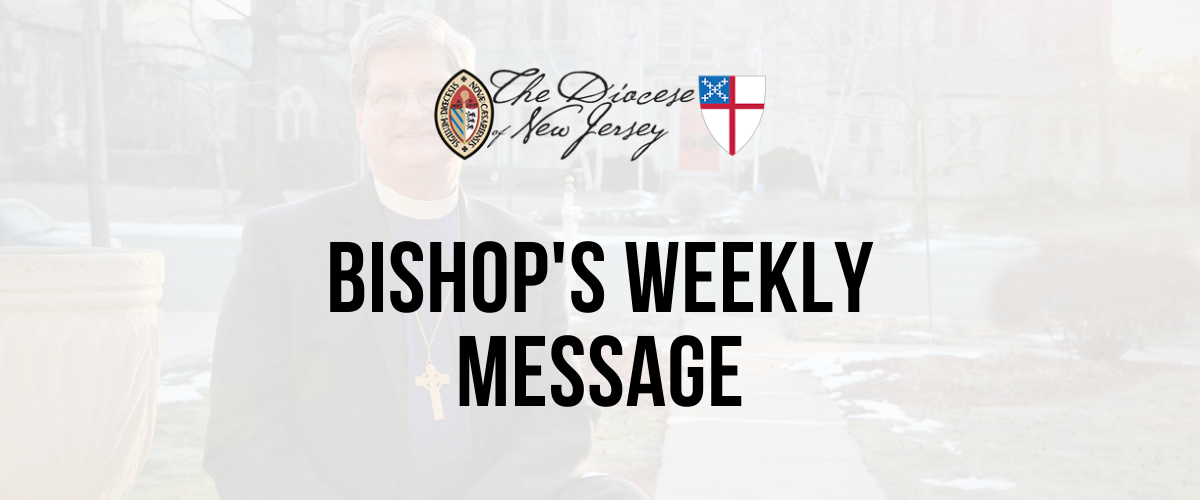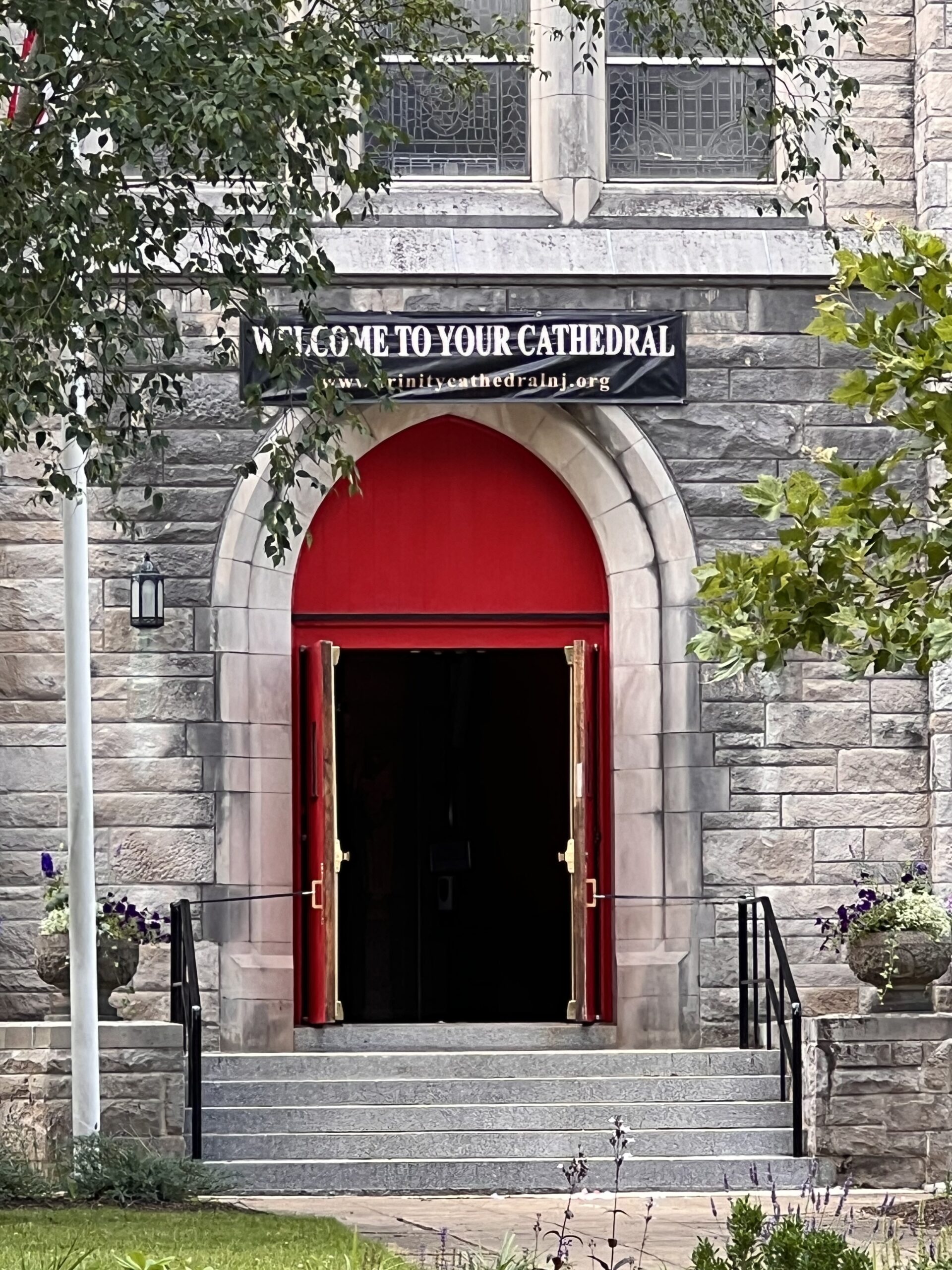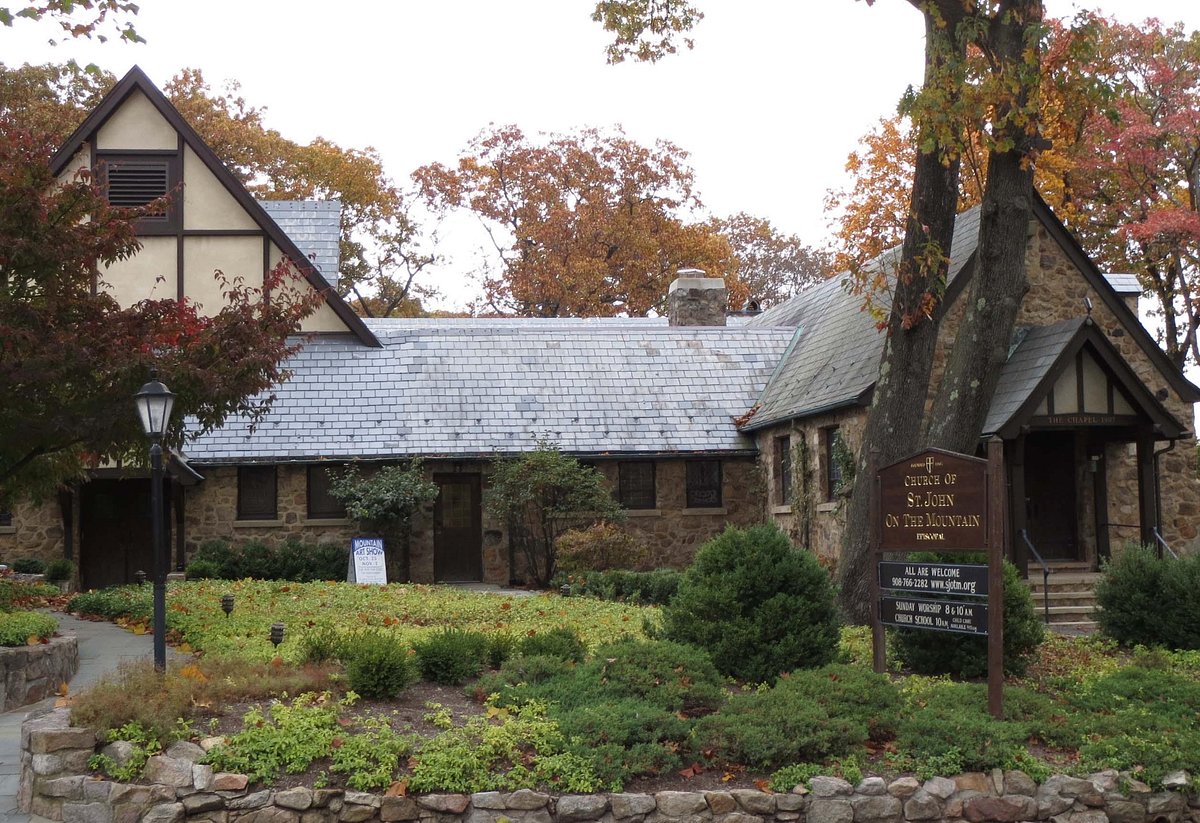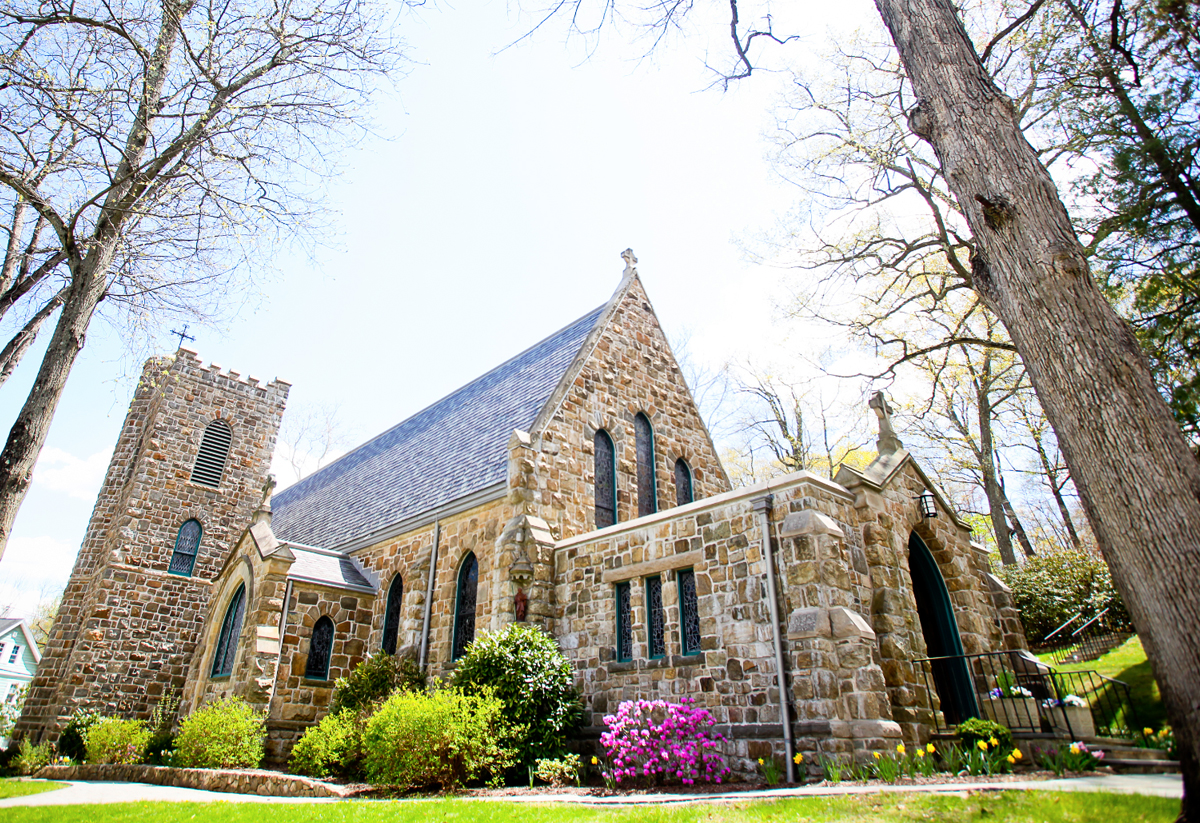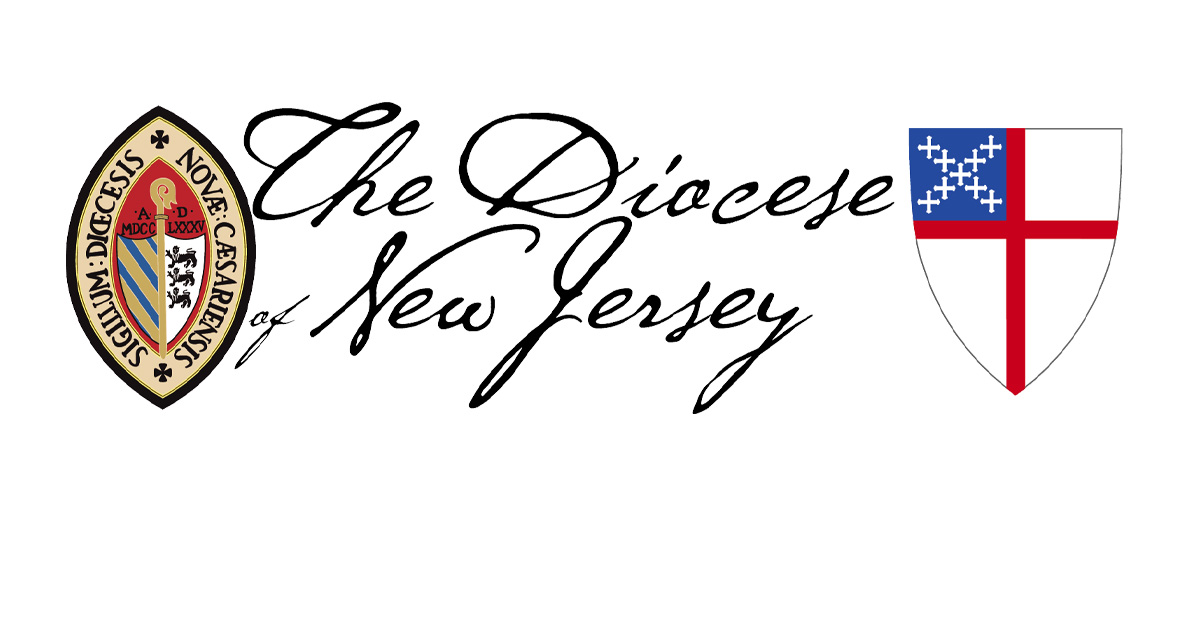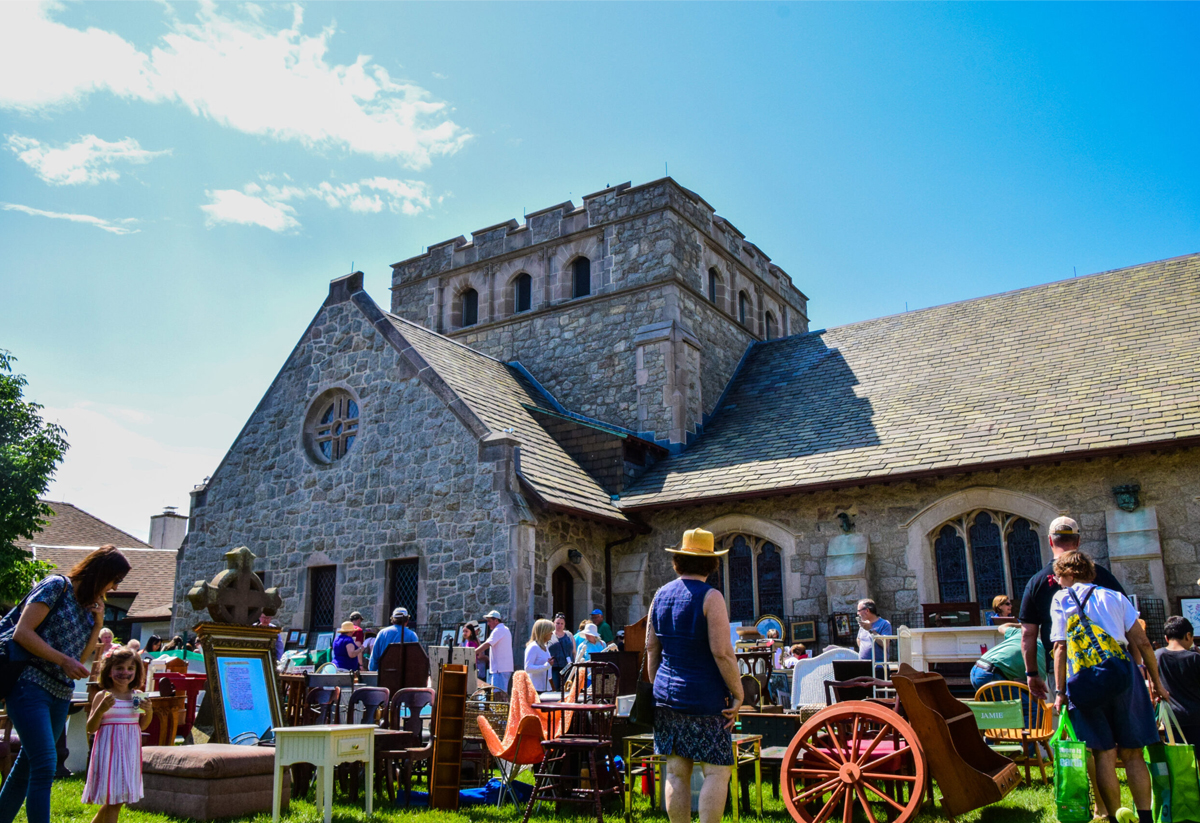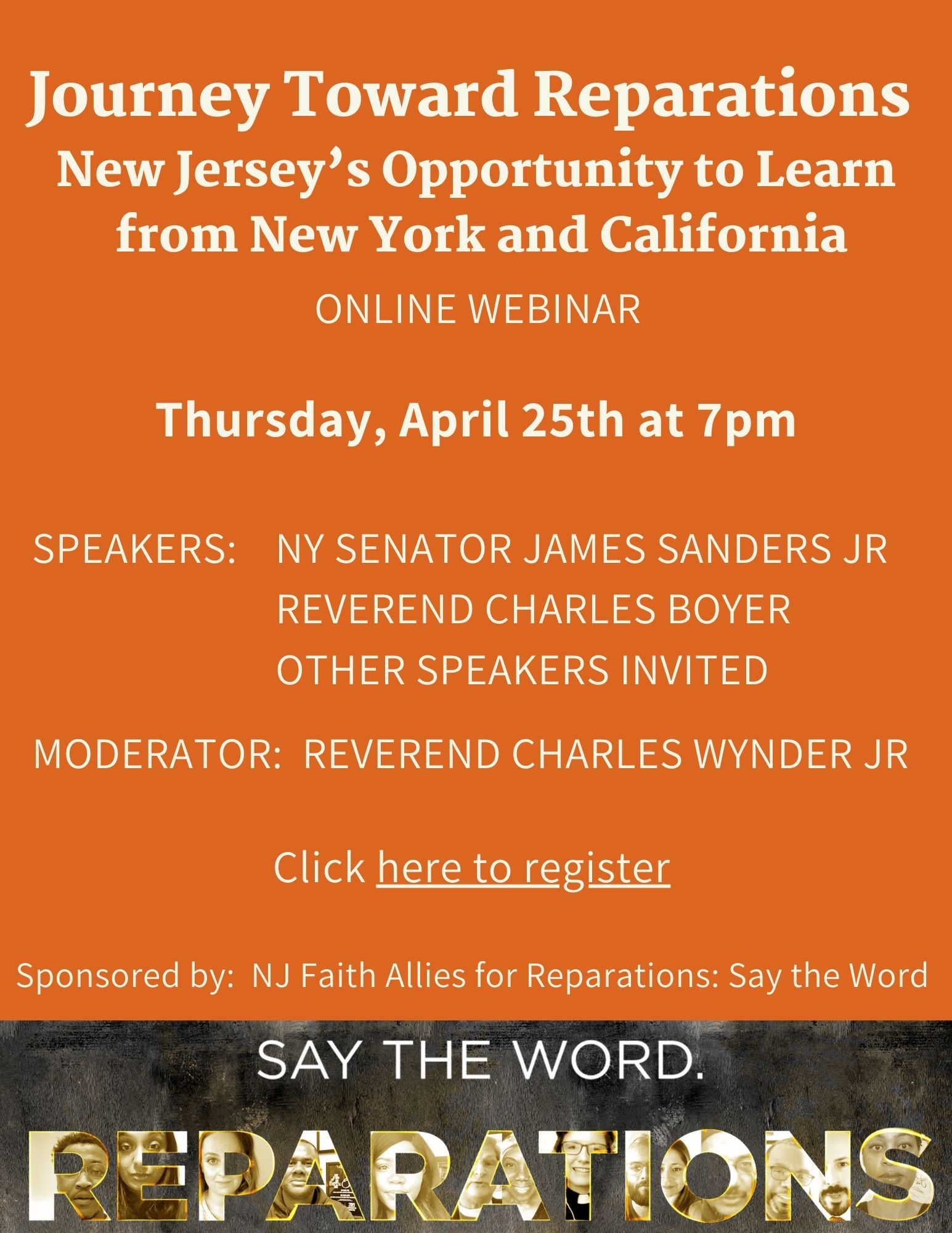Dear People and Friends of the Diocese of New Jersey,
“I do not call you servants any longer, because the servant does not know what the master is doing; but I have called you friends, because I have made known to you everything that I have heard from my Father.” John 15:15
Did you know that the Diocese of New Jersey’s own Canon Annette Buchanan of St. Augustine’s Church, Asbury Park is in Accra, Ghana, Africa as a representative of The Episcopal Church to the plenary session of Anglican Consultative Council? She is one of approximately 110 representatives from across the Anglican Communion who are attending the meeting which began on February 12 and will continue until February 19.
The A.C.C. meets in different parts of the Anglican Communion for plenary session once every two or three years. One of the four “instruments of unity” of the worldwide Anglican Communion, the Anglican Consultative Council is comprised of one bishop, one priest and one lay person from each of the 42 Provinces of the worldwide Anglican Communion. In truth, of all the “instruments of unity,” the A.C.C. is the most representative.
The Archbishop of Canterbury, currently the Most Reverend Justin Welby is, as The Anglican Communion website notes, “…the Focus for Unity for the three other Instruments of Communion of the Anglican Communion and is therefore a unique focus for Anglican unity. He calls the once-a-decade Lambeth Conference, chairs the meeting of Primates, and is President of the Anglican Consultative Council.” The latter three – the Lambeth Conference, the meeting of the Primates and the Anglican Consultative Council round out the four “instruments of unity.”[1]
This past Wednesday, the A.C.C. members took a break from their plenary session to visit Cape Coast Castle, a World Heritage Site. Episcopal News Service (ENS) reports, Cape Coast Castle, a “slave castle” “was built in the 1650s and passed through Swedish, Danish and Dutch possession until becoming a headquarters of British colonial administration in the 1660s.”[2] ENS further reports, “ Africans were taken from their homes and held in dungeons at the castle, with squalid, overcrowded conditions and little ventilation. It was one of 50 castles on Africa’s west coast, 39 of them in Ghana, that served as points of embarkation for slave ships. An estimated 12 million to 25 million Africans passed through Ghana’s ports to be sold across the Atlantic as slaves.”[3]
Archbishop Welby responded to the visit, stating “It is to the Church of England’s eternal shame that it did not always follow Christ’s teaching to give life. It is a stain on the wider church that some Christians did not see their brothers and sisters as created in the image of God, but as objects to be exploited. Our response must begin on our knees in prayer and repentance. … But our response does not end there. We are called to transform unjust structures, to pursue peace and reconciliation, to live out the Beatitudes in big ways and small.”[4]
Canon Buchanan’s response to the trip was also reported by ENS. She said that it “kind of reopened a wound.”[5] She elaborated, “I was again shamed and, honestly, appalled about the role of our Anglican Church with regard to the trans-Atlantic slave trade, and especially galling was the fact that the Anglican Church built a church on top of the slave dungeon. While the enslaved people were beneath crying out in agony, starving, [Anglicans] were having a church service.”[6]
It is heartbreaking and, as Archbishop Welby stated, “to our eternal shame” as a church. Yet, in many parts of our country today, political leaders and others want to “whitewash” the pain and shame of the history of the transatlantic slave trade and its lasting effects and repress it.[7]
This history cannot be forgotten because the effects are, in fact, still felt today in almost every aspect of American life.[8] This country was born with the original sin of slavery, racism and the genocide of indigenous people at its very core. The DNA of these has continued to infect and corrupt our structures and systems ever since.
The Church has not been immune from this. In fact, the Church has been complicit. As Jemar Tisby rightly observes in his critically important book The Color of Compromise – The Truth of the American Church’s Complicity in Racism:
White complicity with racism isn’t a matter of melanin, it’s a matter of power. Other nations have different dynamics. Whether society is stratified according to class, gender, religion, or tribe, communities tend to put power in the hands of a few to the detriment of the many. In the United States, power runs along color lines, and white people have the most influence.[9]
Tisby adds,
Historically speaking, when faced with the choice between racism and equality, the American church has tended to practice a complicit Christianity rather than a courageous Christianity. They chose comfort over constructive conflict and in so doing created and maintained a status quo of injustice.”[10]
On March 14 at 7:00 PM, our Antiracism Commission is sponsoring an on-line event featuring Jemar Tisby which is open to all. It will be an important evening which I encourage everyone to attend.
This coming Sunday, I urge everyone to join us at Trinity Cathedral for our Annual Absalom Jones Service of Witness which will take place at 3:00PM. Absalom Jones was the first Black Priest in The Episcopal Church. Born into slavery in Delaware in 1746, Jones was self-taught. When his mother, sister and five brothers were sold into slavery, he was brought to Philadelphia as a slave. Here he attended a Quaker sponsored night school for African-Americans. Jones purchased his wife’s freedom and later his own. He served as a lay minister with his friend Richard Allen at St. George’s Methodist Episcopal Church with whom he also founded the Free African Society “to aid in the emancipation of slaves and to offer sustenance and spiritual support to widows, orphans, and the poor.”[11]
The story of Absalom Jones and Richard Allen leading a walkout from St. George’s when the Black members of the congregation were forced to sit in the balcony is well known. As a result of this, Jones and Allen, with the assistance of local Quakers and Episcopalians, established the “First African Church” in Philadelphia. Allen eventually founded a church that would become the A.M.E. (African-Methodist Episcopal). The Church Jones founded would be admitted as a part of the Episcopal Diocese of Pennsylvania on its own terms and Absalom Jones would eventually be ordained as a priest and serve that church.[12]
As with Canon Annette Buchanan’s, and the Anglican Consultative Council’s, pilgrimage to the Cape Coast Slave Castle, our remembrance of the story of Absalom Jones confronts us with the shameful legacy of our church’s history and complicity with racism and slavery. The journey can also help lead us into Christ’s way of justice and reconciliation. Reconciliation will not come by ignoring and trying to repress our painful past; it will come by confronting it, acknowledging it, repenting for it and striving for justice and peace among all people by “transforming the unjust structures of society” of which racism is most assuredly one. Our diocesan commitment to on-going antiracism training and our work on reparations are a part of our efforts to “undo racism.” It is long, slow, painful work. It is also the work of Christ and Christ’s kingdom.
God bless you and keep you.
Faithfully in Christ,

The Right Reverend William H. Stokes
Bishop of New Jersey
[1] See The Anglican Communion website at Archbishop of Canterbury (anglicancommunion.org)
[2] Paulsen, David “Visit to castle’s dungeon in Ghana offers ACC lessons on church’s complicity in the trans-Atlantic slave trade” – Episcopal News Service – February 15, 2023 – see Visit to castle’s dungeon in Ghana offers ACC lessons on church’s complicity in the trans-Atlantic slave trade – Episcopal News Service
[3] Ibid.
[4] Ibid.
[5] Ibid.
[6] Ibid.
[7] See Robbins, Jeff – “DeSantis Works to keep Black History under wraps” – Boston Herald/MSN website – January 23, 2023 found at Robbins: DeSantis works to keep Black history under wraps (msn.com)
[8] See “Say the Word – Reparations” on the website of the New Jersey Institute for Social Justice website at New Jersey Institute for Social Justice (njisj.org)
[9] Tisby, Jemar The Color of Compromise: The Truth about the American Church’s Complicity in Racism (Grand Rapids, MI: Zondervan, 2018) 17
[10] Ibid
[11] Archives of The Episcopal Church found at The Reverend Absalom Jones, 1746-1818 · Leadership Gallery · The Church Awakens: African Americans and the Struggle for Justice (episcopalarchives.org)
[12] See above.

